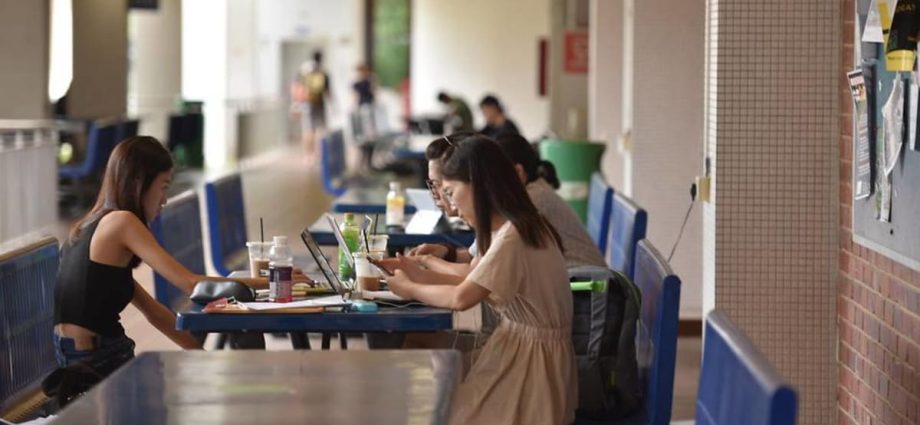
There is no empirical evidence, however, that students can physiologically adapt to sleep loss caused by early school start times. Putting students on the path of short sleep does not help them later on. It simply lengthens the amount of time that they are chronically sleep-deprived and puts them at greater risk for health problems.
THE WAY FORWARD TO SETTING HEALTHY SCHOOL START TIMES
If there is so much evidence in favour of starting school later, why hasn’t it happened already? Historically, campaigns for delaying school start time have been most successful when championed by a key educational policy-maker or politician. Impassioned sleep scientists can provide the evidence, but ultimately there needs to be an endorsement from educational leaders who can enact policy change.
In many ways, it may be easier for universities to lead the charge compared with secondary schools. Universities do not need to contend with issues often cited by secondary schools as barriers to delaying school start times, including inconvenience caused to working parents, busing and after-school activities.
It is important to take a look at why classes start early at universities. Is it because this is the way that it was done in the past, or is it due to resource constraints?
If it is simply an issue of precedent, then there is little in the way of establishing a new norm to benefit students. Early morning classes could be scheduled later in the day if classrooms are not being fully utilised, without having to push back the end of the school day.
As a sleep scientist and educator, I would urge universities to reconsider their class scheduling practices. Ending early morning classes can lead to improvements in students’ sleep and learning. This will better position our students to succeed in the classroom and workforce.
Joshua J Gooley is Associate Professor at Duke-NUS Medical School.

